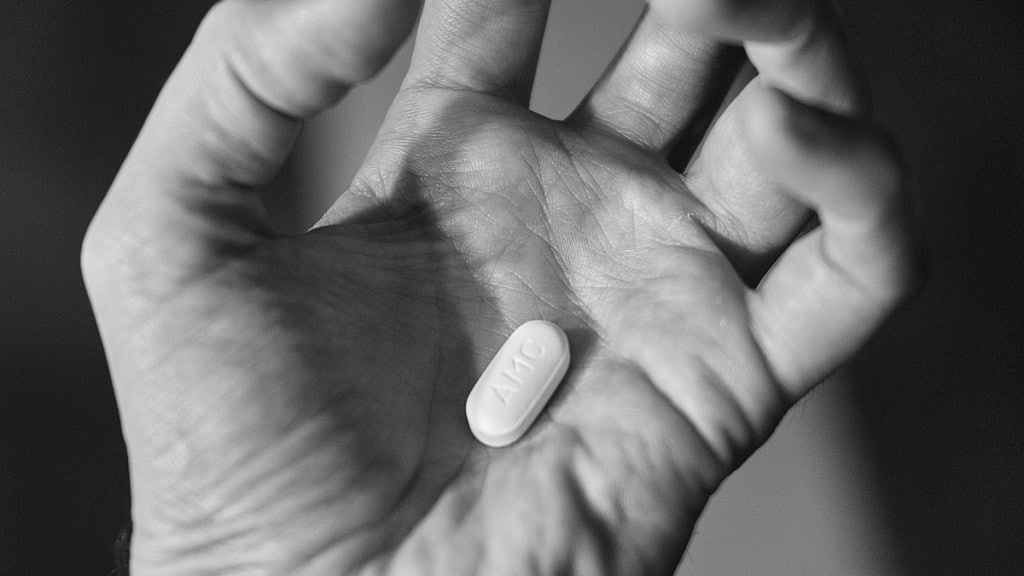Aspirin, a nonsteroidal anti-inflammatory drug (NSAID), is a household name as it is widely used to treat pain, fever, and inflammation, and as an antithrombotic. However, despite its widespread use, people are not much aware about its side-effects.
A new report shows that almost half of the adults in the US aren’t aware of the latest health guidelines around aspirin, which claim the risks of a daily low-dose aspirin outweigh the benefits, Science Alert reported.
This comes following a survey of 1,771 people by the Annenberg Public Policy Center in Pennsylvania, on behalf of independent market research company SSRS. Respondents were quizzed on aspirin use and knowledge in November 2024.
Previously, due to the blood-thinning properties of aspirin, doctors started recommending small daily dose of around 80 milligrams to healthy, elderly patients to reduce their risk of heart attack or stroke.
However, in 2019, the American College of Cardiology and the American Heart Association (AHA) brought out new guidelines. The updated advisory highlighted that the risk of gastrointestinal bleeding from daily aspirin doses wasn’t worth the reduced risk associated with cardiovascular disease and related issues.
“The most important way to prevent atherosclerotic vascular disease, heart failure, and atrial fibrillation is to promote a healthy lifestyle throughout life. Aspirin should be used infrequently in the routine primary prevention of atherosclerotic cardiovascular disease because of lack of net benefit,” state the guidelines.
However, people still don’t about the potential side-effects of taking aspirin too much. 48 percent of respondents who still thought the effects of a daily dose of aspirin did more good than harm, another 39 percent weren’t sure, Science Alert reported. People in the youngest bracket (aged 18 to 39) were the most likely to know a daily aspirin is generally not recommended for most individuals.
Studies suggest that repeatedly popping aspirins can cause severe internal bleeding and this can lead to interference with the process that protect the stomach’s lining and potentially making inflammation and damage more likely. However, the advisory can vary with respect to the medical history of the patient.
People who have a heart condition or suffered from stroke, aspirin might be considered worth the risks in those cases.
“Habits backed by conventional wisdom and the past advice of health care providers are hard to break. Knowing whether taking a low-dose aspirin daily is advisable or not for you is vital health information,” says Kathleen Hall Jamieson, director of the Annenberg Public Policy Center and this survey as quoted by Science Alert.
Always consult a doctor to before making any kind of change in your medication.


